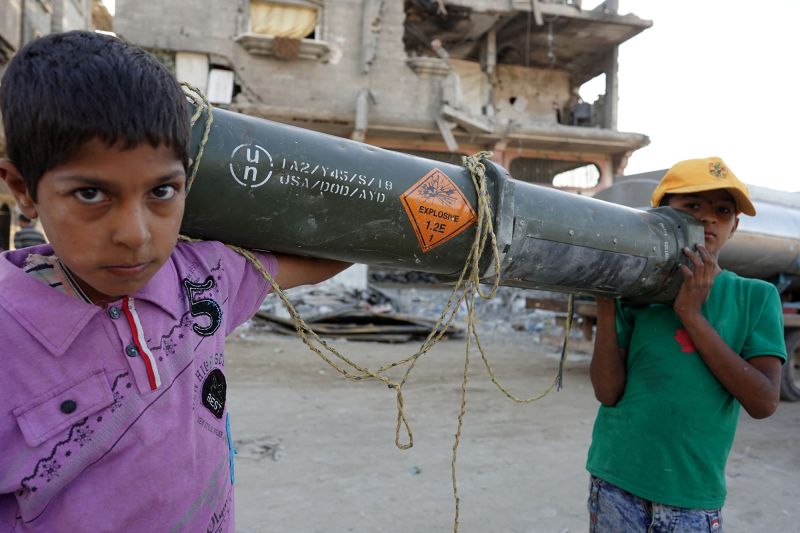Israel, as one of the most technologically advanced and militarily proficient nations globally, indeed requires a robust supply of weapons and defense technologies. Known for its enduring armed conflicts and its constant need for self-defense, the primary supplier of weapons to Israel would come as a surprise to none: it is the United States of America.
The United States has had a longstanding relationship with Israel since its inception in 1948. The U.S. support for Israel primarily stems from political, strategic, and humanitarian reasons. Since the 1970s, the U.S. has been Israel’s number one weapons supplier, and this relationship has only strengthened with time. In 2007, both countries signed a ten-year, $30 billion military aid agreement – a testament to their enduring partnership.
At the forefront of this assistance is the constant supply of combat aircraft. The F-35 Lightning II, the world’s most advanced combat aircraft, was delivered to Israel by the United States in December 2016, making Israel the first country outside the U.S. to receive this aircraft. In addition, the U.S. has provided Israel with F-15 and F-16 fighter jets, Apache helicopters, and various other advanced military hardware.
The Pentagon also provides Israel with surplus weapons and equipment through its Excess Defense Articles program. Through this initiative, Israel has acquired items such as tanks and armored personnel carriers. The U.S. military aid also extends to missile defense, notably the funding and co-development of Israel’s Iron Dome system, which intercepts short-range rockets and artillery shells.
However, it is essential to note that Israel is not just a weapons recipient. It boasts one of the most sophisticated domestic defense industries globally, producing a significant portion of its defense equipment. Companies like Israeli Military Industries (IMI) and Israel Aerospace Industries (IAI) are global leaders in various defense technologies. Thus, while foreign supplies like the U.S. play a crucial role, Israel’s own domestic production is significant.
Israel’s other weapon suppliers, albeit much less involved than the U.S, include Germany and Italy. Germany has provided Israel with Dolphin-class submarines, which provide the country with a robust second-strike nuclear capability. Italy, on the other hand, has cooperated with Israel on the manufacture and development of the M-346 trainer jet aircraft.
One crucial factor in Israel’s military supply chain is its skill in upgrading and improving equipment. Israel often enhances the military hardware it procises from abroad, incorporating additional technology and modifications to better suit its needs. This has been seen with the American F-16, which Israel has transformed into one of the most capable multirole fighters globally.
In conclusion, while the United States is at the forefront of supplying Israel with state-of-the-art military equipment, Israel also leverages domestic production and cooperation from European nations. Furthermore, Israel’s ability to modify and upgrade military equipment significantly bolsters its overall defense capabilities.




